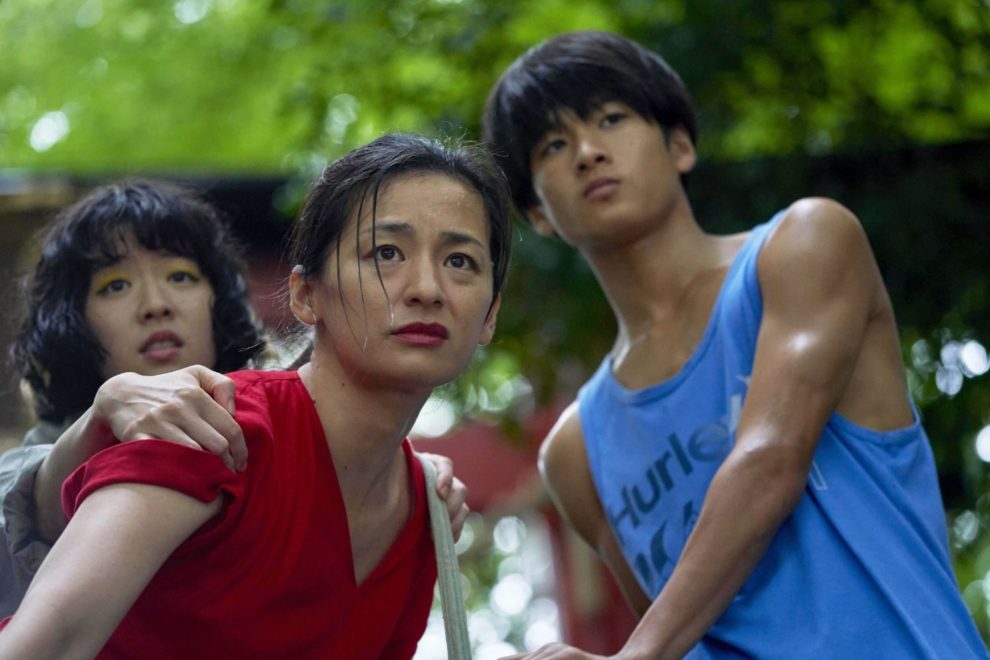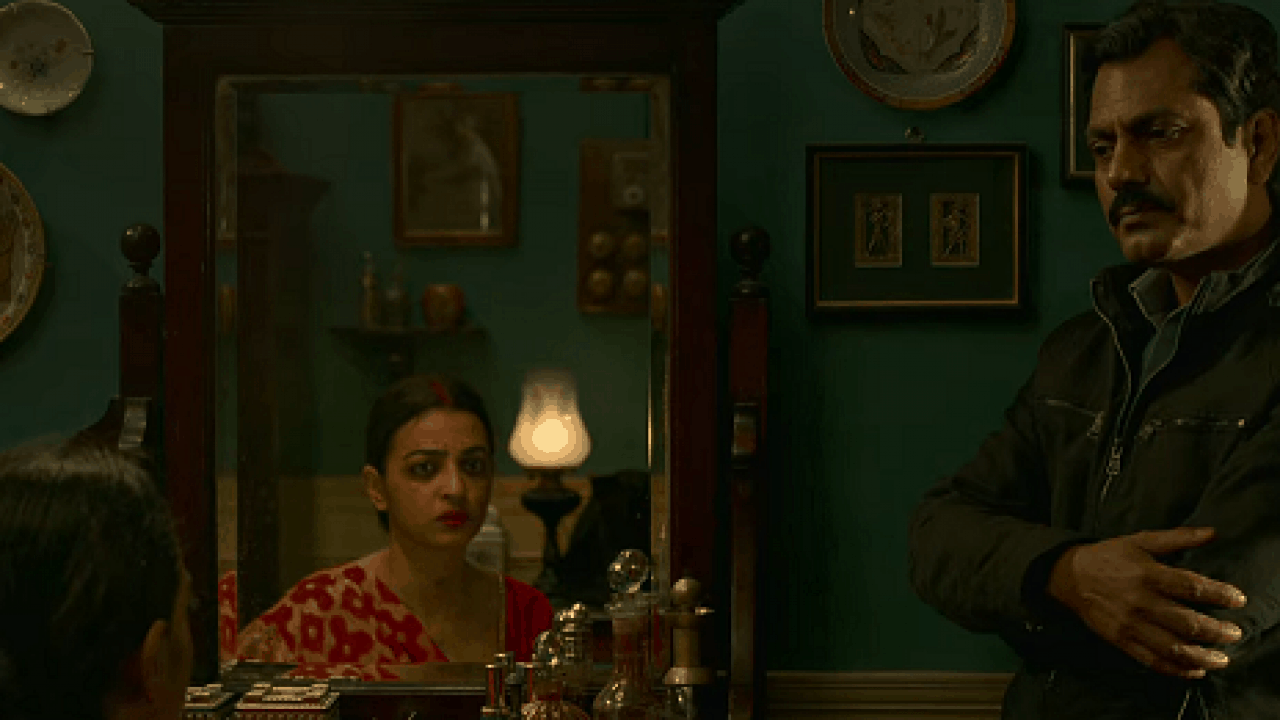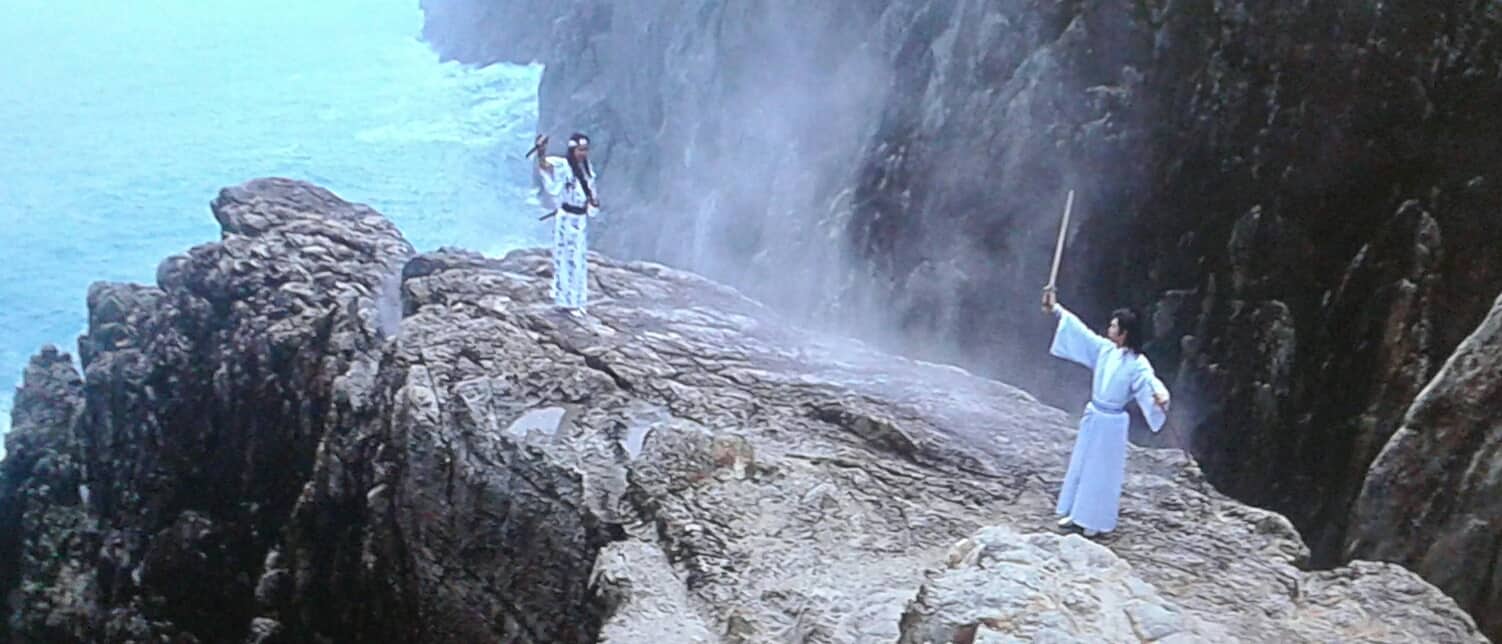Director of some of the best Japanese movies we have seen after 2010, with titles like “The Great Passage” and “The Tokyo Night Sky Is Always the Densest Shade of Blue” under his belt, Yuya Ishii seems, however, to be experiencing an out of form recently, with his last works being interesting, but not on the same level with the aforementioned, for example. Let us see how he fared with his latest work, “A Madder Red”.
“A Madder Red” is screening at Nippon Connection
The film begins with a car crash that sends Yoichi, lead singer of a band, husband of Ryoko and father of a young boy named Junpei, to death. 7 years later, the boy is now a middle school student who is facing bullying for his mother's work, since the fact that she is a sexual worker seems to have been revealed. Ryoko, however, also covers the expenses of her father-in-law, who is staying in a nursing home, while also taking care of another “loose end” of her husband's past. To do so, she also runs a small cafe and has a part time job as a florist. Expectedly, she has no time for any kind of social connection, with her sole friend being another sex worker, Kei, who does face, however issues of her own. Her boss, Nakamura seems like an ambiguous figure although he always protects his girl, while the rest of her husband's band members are not particularly helpful, and their behavior frequently becomes lecherous, as in the case of Ryu. At one point, a glimmer of hope shines through the appearance of an old acquaintance of Yoichi, Junpei's performance in school and his introduction to Kei, but reality soon strikes hard rather harshly.
Allow me to start with the negative, which are also the most evident here. For starters, at 144 minutes, the movie is overly long, with a number of sequences that lag for no apparent reason or are initiated only to be forgotten later, as in the case of Ryoko's presence in the funeral of the man who killed Yoichi, or the overall arc of Kei, who is implemented for dramatic impact, but does not make that much sense otherwise. The concept of living in the years of the pandemic, adds some comments, particularly regarding the ways sex workers conduct their business, but again, is not organically placed within the narrative and is essentially forgotten after a fashion.
The many events, most of which end up in tragedies, add to the drama here, but also make the movie quite melodramatic after a fashion, with the story going too far on many occasions, and particularly the ones where Ryoko snaps, or the presentation of the real character of Nakamura.
On the other hand, the presentation of the expenses Ryoko has, which are actually presented through sums on screen seem quite realistic, as is the whole concept of the sex workers. The comments about the hardships of being a single mother are also well explored, as is the concept of bullying, even if on a secondary level. The question of why she keeps spending the money she works so hard to earn and both her and her son need, on her husband's dead ends is a question that actually carries the movie for the majority of its duration, but the answers are not exactly convincing, and can only be justified through the concept of “The Good Samaritan”.
Essentially, what saves the movie, at least partially, is the presence of Machiko Ono as Ryoko, who gives a great dramatic performance in a rather demanding role that has her appear polite and kind under the worst circumstances, in an approach that makes her transformation even more impactful. Yuki Katayama as Kei is also a very appealing presence in the movie, while Masatoshi Nagase, Tateto Sherizawa and the brief appearance of Joe Odagiri round up a rather impressive cast. Iori Wada as Junpei on the other hand, has his good and his bad moments.
Yoichi Kamakari's cinematography focuses on the realistic depiction of the many different settings, with the sex cllub having a noirish essence, and the overall soft coloring fitting the overall aesthetics of the movie nicely. At some point, the approach changes as Kamakari begins capturing Ryoko through intense close ups, in the style so frequently presented in French cinema, that does not work fully here, though, even if Ono's face is quite appealing. The editing on the other hand is quite faulty, with the issues mentioned before, although the problem seems to derive from Ishii's writing for the most part.
“A Madder Red” has its merits, and Ono is quite pleasurable to watch, but as a whole, it results into an exercise of patience, both for its duration and the overall approach to the story.

















